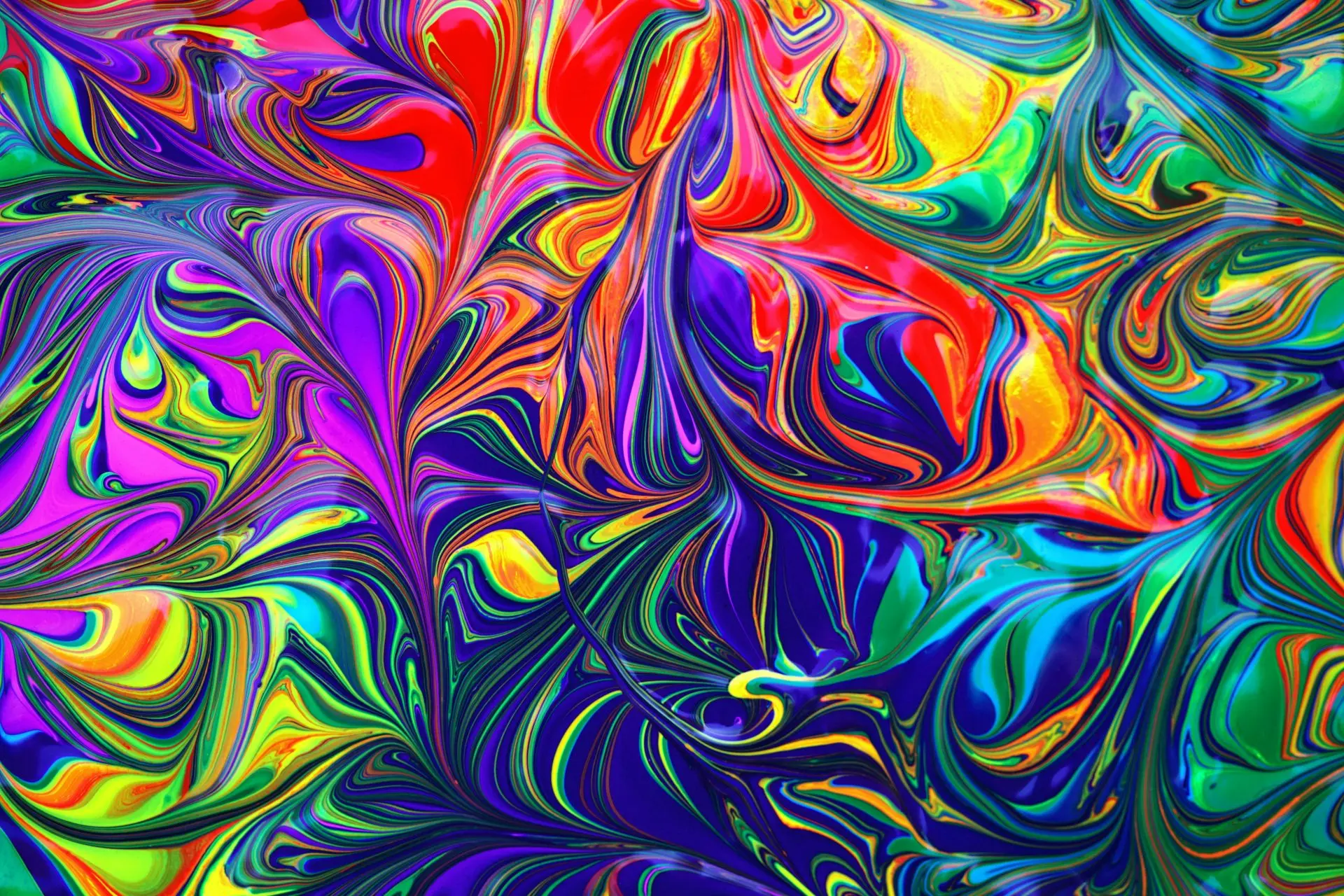Are Angels Real? Evidence and Beliefs

Looking for more amazing products? Check out our online store and explore our collection here! Happy shopping!
Before diving in, please note: This post is for informational purposes only. If you’d like to know more about how we approach topics, feel free to check out our friendly Disclaimer Page.
Hey there, amazing readers! 
We’re committed to delivering quality posts, and your support (even just sticking around despite the ads) means everything to us. So, bear with us, and thanks for helping us keep the good vibes rolling. Now, on to the fun stuff!
TRANSLATE BUTTON AT THE END OF THE ARTICLE
Introduction
The belief in angels spans across various religions and cultures, portraying them as divine messengers and protectors.
Despite the enduring fascination with these celestial beings, the question remains: are angels real?
This article delves into the evidence, beliefs, and perspectives surrounding the existence of angels, exploring religious texts, personal testimonies, and scientific viewpoints.
Angels in Religious Texts
Christianity
The Bible
The Bible contains numerous references to angels, describing them as God’s messengers and servants.
Key biblical appearances include:
Gabriel: Announced the births of John the Baptist and Jesus (Luke 1:11-38).
Michael: Described as a warrior angel who battles evil forces (Revelation 12:7-9).
Angelic Hosts: Visited shepherds to proclaim Jesus’ birth (Luke 2:8-15).
Islam
The Quran
In Islam, angels (Malak) are integral to the faith.
They are believed to be created from light and serve various roles:
Jibril (Gabriel): Delivered revelations to the prophets, including the Quran to Muhammad.
Mikail (Michael): Oversees natural phenomena and provides sustenance.
Israfil: Blows the trumpet on Judgment Day.
Judaism
The Torah and Talmud
Angels play significant roles in Jewish texts:
Seraphim and Cherubim: Serve God and guard sacred spaces (Isaiah 6:2-3; Exodus 25:18-22).
Angel of Death: Executes divine judgment (Exodus 12:23).
Personal Testimonies and Experiences
Modern Encounters
Many people claim to have experienced angelic encounters, often describing them as life-saving or profoundly comforting.
These testimonies often include:
Guardian Angels: Stories of unseen forces protecting individuals from harm.
Visions and Dreams: Accounts of receiving guidance or messages in visions or dreams.
Near-Death Experiences
Near-death experiences (NDEs) often include descriptions of encounters with angelic beings.
Individuals report seeing beings of light or feeling the presence of a divine guide during their experiences.
Scientific and Skeptical Perspectives
Psychological Explanations
Skeptics and psychologists often attribute angelic encounters to psychological phenomena:
Hallucinations: Stress, grief, or trauma can trigger hallucinations, leading to perceived angelic encounters.
Sleep Paralysis: Experiences of waking up unable to move, often accompanied by visions of beings, can be mistaken for angelic or demonic encounters.
Confirmation Bias: Individuals may interpret ambiguous events as angelic interventions based on pre-existing beliefs.
Lack of Empirical Evidence
From a scientific standpoint, there is no empirical evidence to prove the existence of angels.
The lack of measurable, repeatable data makes it challenging to substantiate claims of angelic encounters.
Cultural Impact and Beliefs
Art and Literature
Angels have profoundly influenced art and literature, symbolizing hope, protection, and divine intervention.
Connect with Angels, Guides, and Master Teachers – begin here.
Famous works include:
Art: Renaissance paintings by artists like Michelangelo and Raphael.
Literature: John Milton’s “Paradise Lost” explores the fall of Lucifer and the role of angels.
Popular Culture
In modern popular culture, angels are depicted in various forms, from benevolent guardians in movies and TV shows to complex characters in novels and comics.
This widespread representation reflects ongoing fascination and diverse interpretations of angelic beings.
Conclusion
The belief in angels is deeply rooted in religious traditions and personal experiences, offering comfort and inspiration to many.
While scientific evidence for their existence remains elusive, the cultural and psychological impact of angels is undeniable.
Whether seen as divine messengers, protectors, or symbolic representations, angels continue to captivate the human imagination, bridging the gap between the sacred and the earthly.

The Enlightenment Journey is a remarkable collection of writings authored by a distinguished group of experts in the fields of spirituality, new age, and esoteric knowledge.
This anthology features a diverse assembly of well-experienced authors who bring their profound insights and credible perspectives to the forefront.
Each contributor possesses a wealth of knowledge and wisdom, making them authorities in their respective domains.
Together, they offer readers a transformative journey into the realms of spiritual growth, self-discovery, and esoteric enlightenment.
The Enlightenment Journey is a testament to the collective expertise of these luminaries, providing readers with a rich tapestry of ideas and information to illuminate their spiritual path.
Our Diverse Expertise
While our primary focus is on spirituality and esotericism, we are equally passionate about exploring a wide range of other topics and niches 

To ensure we provide the most accurate and valuable insights, we collaborate with trusted experts in their respective domains 
Our blog originally focused on spirituality and metaphysics, but we’ve since expanded to cover a wide range of niches. Don’t worry—we continue to publish a lot of articles on spirituality! Frequently visit our blog to explore our diverse content and stay tuned for more insightful reads.
Hey there, amazing reader! 
Check out our store here and take a peek at some of our featured products below! Thanks for being awesome!













